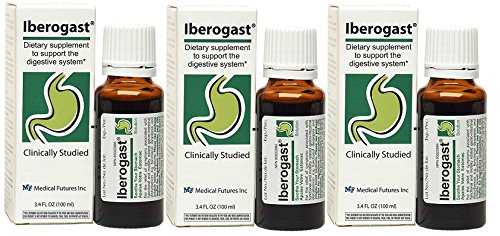


If you exercise while you're menstruating or you have a physically demanding job, you will probably need to drink more than this. Drinking plenty of water increases gut motility and supports your body's natural digestive processes for efficient digestion.Īim to drink around eight glasses of water a day, and perhaps even more while you're on the period.

Water is essential for your digestion, and staying hydrated is one of the best ways to prevent constipation and bloating. Doing so gives your digestive system more time to fully break down the foods that you're eating, reducing the risk of bloating. It might sound like a relatively obvious way to reduce bloating on your period but try sticking to smaller, more frequent meals over larger, less frequent meals. The best way to cut down the severity of the frequency of bloating is to avoid the above foods as much as you can. Gas-producing foods contribute to bloating and can cause abdominal discomfort if eaten in large amounts. Fruits that are high in sugar, such as bananas, pears, and apples.Studies have shown that magnesium can reduce breast tenderness, headaches, water retention, cramps and bloating during the menstrual cycle.īloating is worsened by the consumption of gas-producing foods and drinks, such as: Magnesium can also counteract sodium balances, and reduce water retention - that feeling of "puffiness". Processed foods are often high in sodium, and, as we mentioned above, this mineral can exaggerate period bloating. As tempting as it is to eat a bunch of comfort foods when you’re on your period, this can sometimes make you feel worse. You should also limit your intake of junk foods and processed foods. Potassium is abundant in avocados, bananas, dried fruit, lentils, and potatoes. This will counteract the effects of sodium by reducing water retention and increasing water loss. Instead, try to choose foods that are high in potassium. Foods that are abundant in sodium can increase water retention in your gastrointestinal tract, worsening your bloating. It’s important to avoid high-sodium foods if you’re prone to bloating. This is because certain foods and nutrients affect your gut motility and the water balance in your body. The foods you eat leading up to and during your period can impact how much bloating you experience. How Can You Reduce Period Bloating?īloating is one of the most common symptoms associated with the lead-up to the menstruation phase of the menstrual cycle, but that doesn’t mean you need to suffer for several days every month!Ĭheck out these top ways to reduce period bloating or potentially eliminate it altogether. It can be uncomfortable and even painful at times and while you may not be able to completely eliminate period bloating, there are things that you can do to reduce its severity. Usually, period bloating appears a few days before you start bleeding and disappears one or two days into menstruation. In particular, oestrogen and progesterone are responsible for causing increased water and salt retention, leading to bloating. You can thank your reproductive hormones for period bloating. Many women complain of feeling gassy, swollen, and tight around their abdomen when they’re menstruating. Bloating is a relatively common symptom to experience when you’re on your period.


 0 kommentar(er)
0 kommentar(er)
